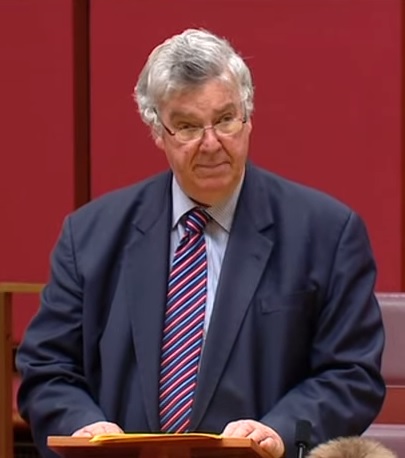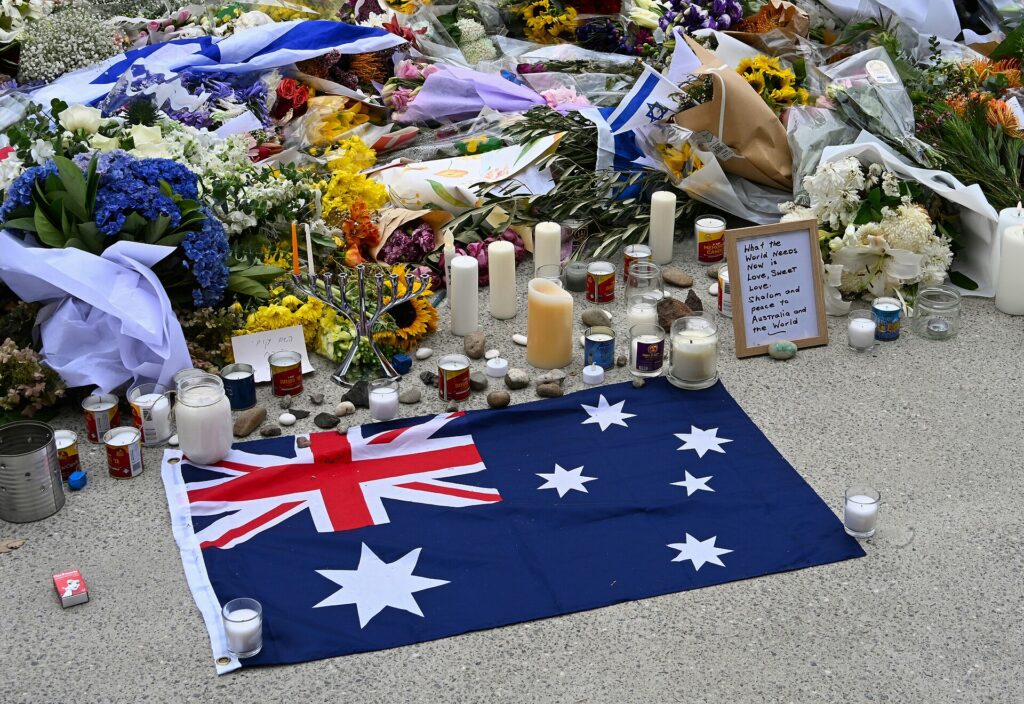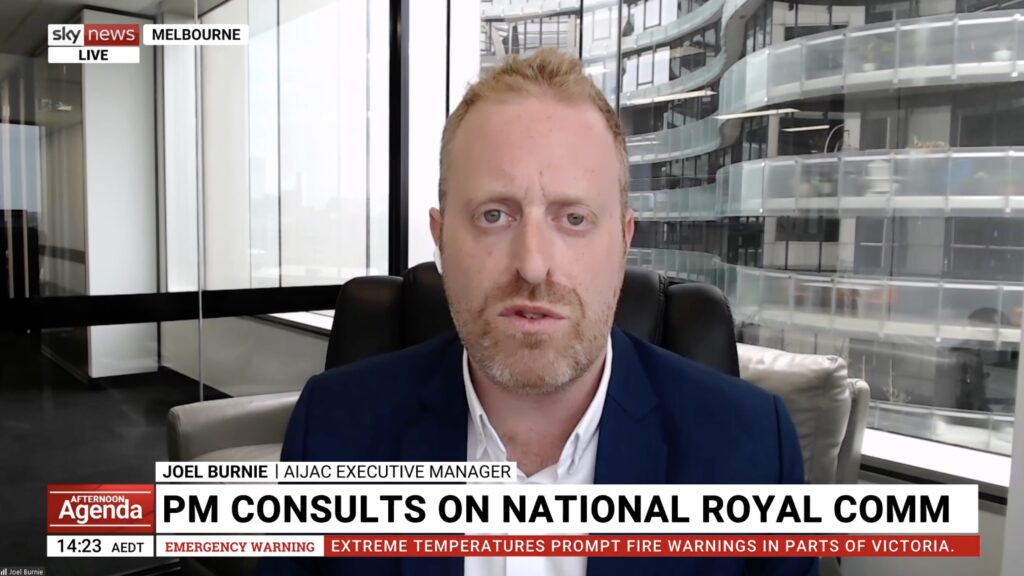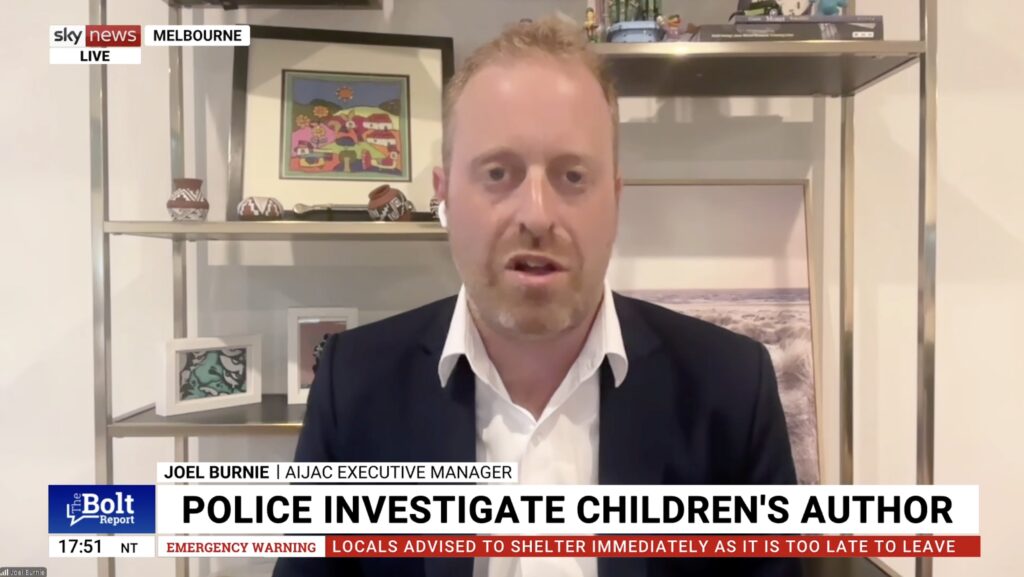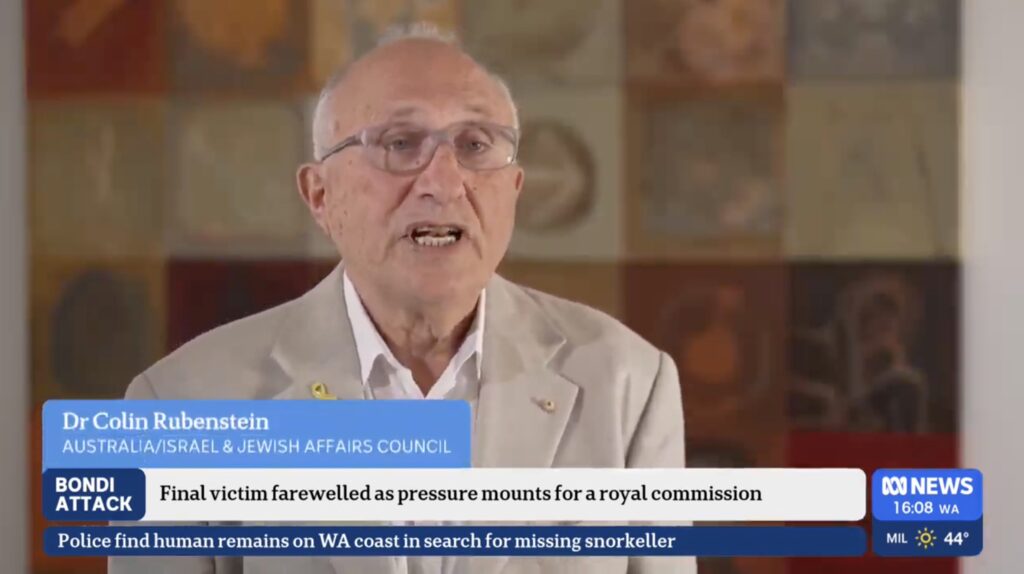IN THE MEDIA
We still need race hate laws
September 3, 2012 | Colin Rubenstein
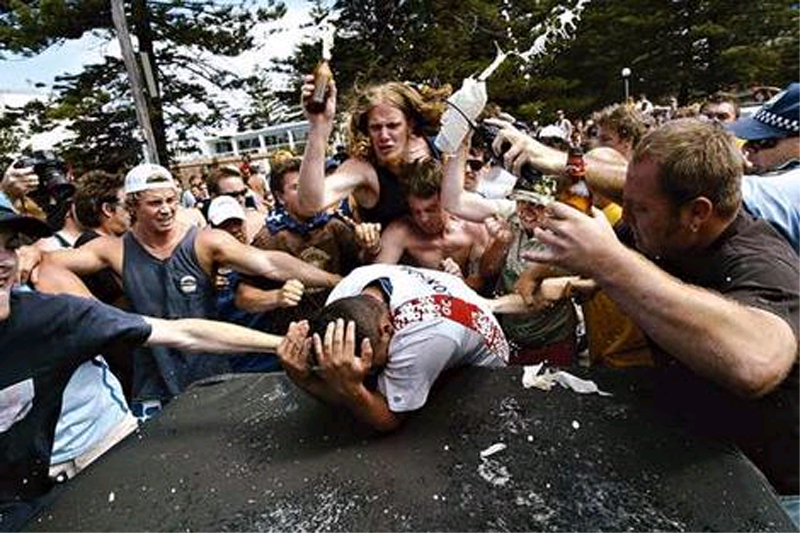
Colin Rubenstein
The Australian – September 03, 2012
OUR society is founded on civility, tolerance and fair opportunity for all people, regardless of religion, racial or ethnic origins, to achieve their maximum potential.
This is why it is a fundamental concern that Australia’s laws against public expressions of racial hatred are being targeted for dilution or even repeal.
The federal Racial Hatred Act came into effect in 1996. This law is still an important response to damaging racist behaviour that frequently targets groups within the Australian community, such as Aborigines, Asians, Jews, Africans, various Muslim communities and others.
The key provisions on racial hatred were introduced into the 1975 Racial Discrimination Act. Its section 18C now prohibits an action that is “reasonably likely, in all the circumstances, to offend, insult, humiliate or intimidate another person or group of people” and which is done because of their race, colour, or national or ethnic origin, as being a breach of that person or group’s civil rights.
These federal provisions were introduced on a bipartisan basis, and have been upheld by the Federal Court. Corresponding state legislation has also largely had bipartisan support.
Further, the International Covenant on Civil and Political Rights, to which Australia is a party, obliges all its parties to adopt laws prohibiting “advocacy of national, racial or religious hatred that constitutes discrimination, hostility or violence” (Article 20). In addition, most developed countries have adopted such laws, although remaining strong democracies with robust debate.
Nonetheless, some commentators believe that all racial hatred laws should be eliminated altogether, usually on purist “free speech” grounds. Free speech is fundamentally important to the functioning of a modern democracy, but this right has never been absolute. There have always been legitimate limits placed on it — from defamation, or incitement, false advertising, perjury and lying to authorities, to shouting “fire” in a crowded theatre.
Racial vilification can strongly compromise other important human rights — including the right to live one’s life free from harassment and intimidation. Laws calibrated to keep to an absolute minimum necessary restrictions on free expression, are justified to protect these other rights.
In a recent lecture, Opposition Leader Tony Abbott raised the possibility of repealing some or all of Section 18C “in its present form” under a future Coalition government.
Opposition legal affairs spokesman George Brandis has since confirmed his party’s stance by stressing that the intention is only to repeal section 18C in “its current form”, thus further implying that some form of racial hatred legislation will be retained. He has not as yet indicated in what way the law might be reviewed and changed.
Senator Brandis has argued that section 18C confuses the censorship of opinions with the utterance of intimidating words, but it is important that he clarifies his understanding of the distinction between the two concepts.
To protect free expression of opinion, the legislation already provides exemptions for academic, artistic and scientific work, done reasonably and in good faith. It also exempts any statement, publication or discussion that is a fair or accurate report or a fair comment expressing a genuine belief, or done for any other genuine purpose in the public interest.
The current apprehension about the law appears to stem, in large part, from the fear that a chilling effect on public discussion might be generated by Justice Bromberg’s decision in the 2011 Federal Court case Eatock v Bolt. His Honour ruled the published opinions of Herald Sun columnist Andrew Bolt on Aboriginal approaches to self-identification to be in breach of section 18C.
However, the value of 18C’s provisions in combatting genuine hate speech has been demonstrated and uncontroversial. In a series of cases, in which the applicant was Jeremy Jones, the Australia/Israel & Jewish Affairs Council’s director of community and international affairs, who acted for the Executive Council of Australian Jewry, a series of principles were established.
Newspapers were given guidelines on responsibility when publishing material from external sources which were recognised as racist. The internet was found to be covered by Australian law. Holocaust denial was recognised as anti-semitism. Most importantly, victims of harassment had legal recourse.
As a matter of common sense, a judicious review of the racial hatred provisions in the Racial Discrimination Act might be timely. It could yield opportunities to improve on the current law and to examine the relevance of some academic analyses which have critiqued the current provisions for ambiguities and inconsistencies.
But any attack on the basis of such laws is a serious error of political and moral judgment.
Regardless of the Bolt case, it would be an overreaction to remove all protections from racial hate speech acts in Australia’s multicultural society.
The fate of this law should not be confused with the separate debate about media regulation. The two issues have little to do with each other, except in the minds of those whose preoccupation is a campaign for absolute “free speech” at all costs.
The Opposition Leader and the legal affairs spokesman have not yet clarified what they see as the best means for protecting the human rights of victims of racial hate speech. Their constructive specific suggestions are keenly awaited.
Our common objectives are, as always, to improve our legal standards so that they will more effectively address the genuine harm caused by public expressions that vilify, incite, intimidate or harass on the basis of racial or ethnic origins.
Dr Colin Rubenstein AM is executive director of the Australia Israel Jewish Affairs Council.
Tags: Australasia

